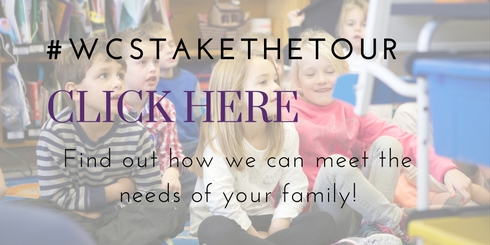The effectiveness of PBL projects
Monday, May 13, 2019
Every teacher longs for student engagement in their learning. Most teachers covet this because it means less behaviour issues which equals an easier time teaching. However, there are more reasons: teachers want their students to hit the curriculum targets for the year and gain important skills for later in life. But they also want their students to have fun at school and go home satisfied at the end of each day.
In my recent experience as a teacher, I've experimented with a concept that you may be familiar with: Project Based Learning (PBL). The Buck Institute for Education describes it as "Students working on a project over an extended period of time… a project that engages them in solving a real-world problem or answering a complex question. They demonstrate their knowledge and skills by developing a public product or presentation for a real audience."
In my experience, PBL units have allowed my students to hit the curriculum requirements and be engaged in their learning, especially when it's a hands-on project. In my last PBL, students were learning about medieval history in social studies. They were required to research a medieval person/occupation (i.e. blacksmith or serf) and the structure associated with that person (i.e. blacksmith workshop and serf's cottage). Students eventually built a miniature structure as well. Having students show this project off to parents and friends at our 1st Annual Celebration of Learning night was a highlight for myself and many of my students this year. Many teachers at WCS are now using PBL units as part of their teaching methodology and I'm excited to see more in the future!
Comments
Login to post comments.




